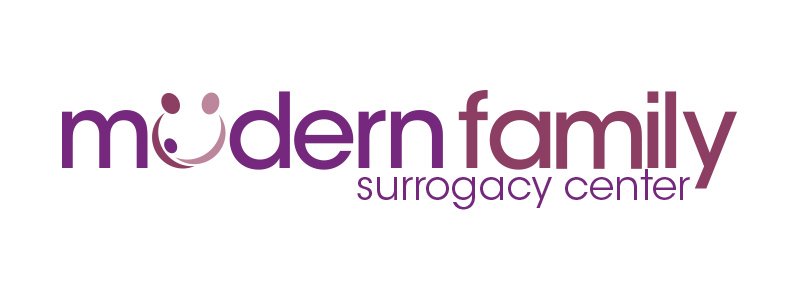9 Reasons Why Intended Parents May Use an Egg Donor
Using an egg donor is a significant decision that individuals or couples may consider for various reasons. This process involves obtaining eggs from a donor to be used in assisted reproductive technology procedures such as in vitro fertilization (IVF). The decision to use an egg donor can be deeply personal and influenced by a range of factors including medical, emotional, and social circumstances. Below are several reasons why someone might choose to use an egg donor:
Infertility: One of the primary reasons individuals or couples opt for egg donation is infertility. For some, infertility may be due to various medical conditions such as diminished ovarian reserve, premature ovarian failure, or genetic disorders affecting egg quality. In such cases, using donor eggs can offer a chance at conception and pregnancy when the intended parent(s) are unable to produce viable eggs.
Advanced Maternal Age: As individuals age, the quality and quantity of their eggs decline, decreasing the chances of conception and increasing the risk of genetic abnormalities in offspring. Women over 35 may experience difficulties conceiving with their own eggs. In such situations, using donor eggs from a younger, healthier individual can improve the chances of successful pregnancy and reduce the risk of chromosomal abnormalities.
Recurrent Pregnancy Loss: Some individuals or couples may have experienced multiple miscarriages or failed IVF cycles, often due to chromosomal abnormalities or other genetic factors affecting embryo development. In such cases, using donor eggs with a higher likelihood of successful implantation and healthy embryo development may increase the chances of carrying a pregnancy to term.
Genetic Disorders: Individuals carrying genetic disorders that they do not wish to pass on to their offspring may choose to use donor eggs to avoid transmitting these conditions. By selecting eggs from a donor without a genetic mutation, they can reduce the risk of passing on hereditary diseases to their children.
Single Parenthood: Single individuals, including single women or LGBTQ+ individuals, may desire to have a child and choose to use donor eggs to achieve parenthood. Egg donation offers these individuals the opportunity to experience pregnancy and biological parenthood, fulfilling their desire for a genetically related child.
Same-Sex Couples: LGBTQ+ individuals may use donor eggs in conjunction with gestational surrogacy to have a child biologically related to one or both partners. In such cases, donor eggs are fertilized with sperm from one of the partners or a sperm donor, and the resulting embryos are transferred to a surrogate for gestation.
Medical Conditions: Certain medical treatments such as chemotherapy or radiation therapy for cancer can adversely affect fertility by damaging eggs or reproductive organs. In such cases, individuals may opt to preserve their fertility by using donor eggs before undergoing treatment.
Family Balancing: Some individuals or couples may already have children of one gender and wish to balance their family by selecting donor eggs of the desired gender. Family balancing through egg donation allows them to have a child of the opposite gender, thereby achieving the family composition they desire.
Personal Choice: For some individuals or couples, using donor eggs may simply be a matter of personal preference or convenience. They may choose egg donation to avoid the physical and emotional toll of fertility treatments with their eggs or because they prefer the anonymity and screening process associated with using donor eggs.
The decision to use an egg donor is complex and deeply personal, influenced by a variety of factors including medical history, fertility challenges, personal preferences, and family goals. Whether due to infertility, genetic considerations, or personal choice, egg donation can offer hope and the possibility of biological parenthood to individuals and couples facing challenges in conceiving a child with their eggs.


